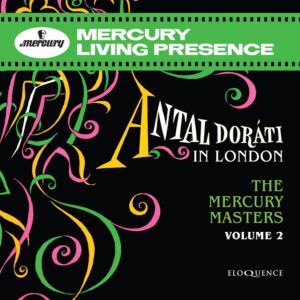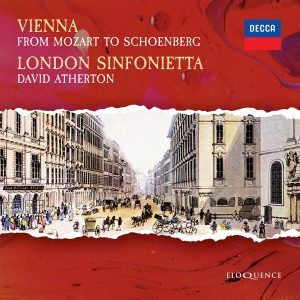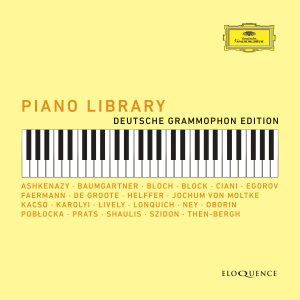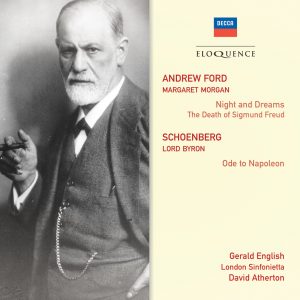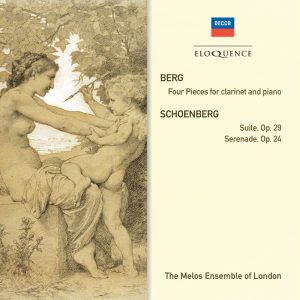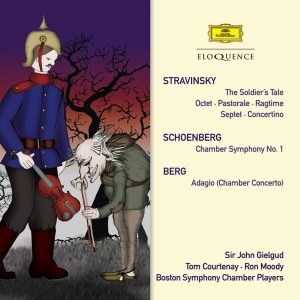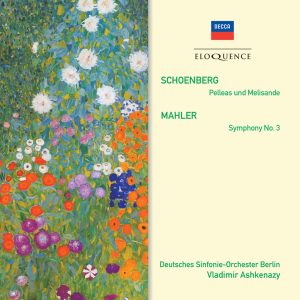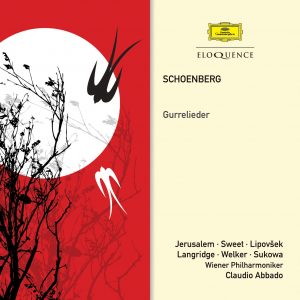Antal Doráti in London – The Mercury Masters, Volume 2
March 14, 2025Volume 2 of Antal Doráti’s London recordings for Mercury covers sessions between June 1960 (Tchaikovsky’s Pathétique Symphony) and August 1966 (Tchaikovsky’s Orchestral Suites). By way of a bonus, the set concludes with a rarity issued on Philips and scarcely seen since, an album of neoclassical works by Julian Orbón (Cantigas del Rey, sung by Heather […]




